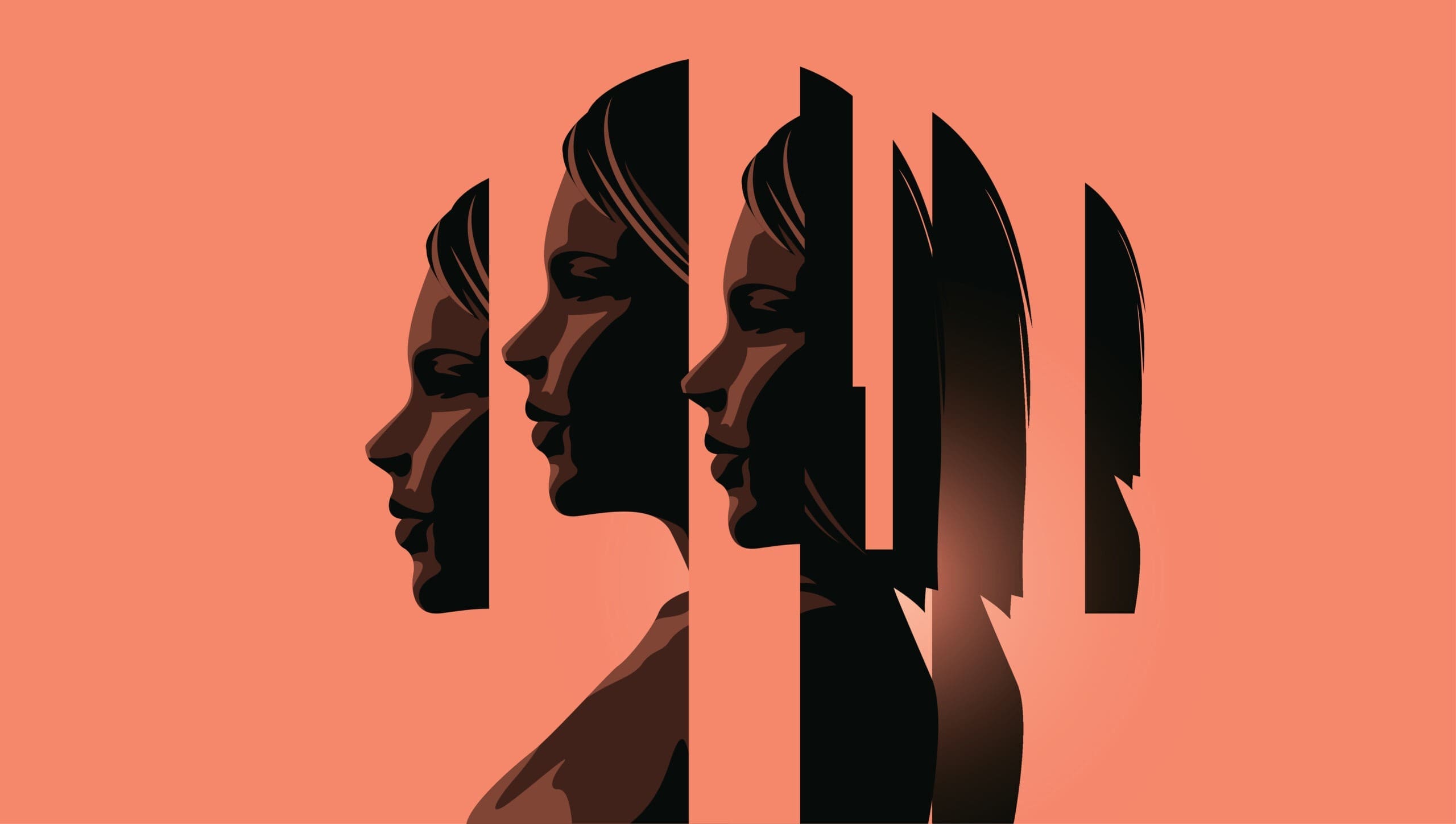Social anxiety disorder — also called social phobia — is a condition where everyday interactions with other people provoke fear and anxiety. It is more than the normal feeling of nervousness that can accompany public speaking or meeting new people, and has a significant impact on the lives of affected people.
Social anxiety disorder is thought to affect at least one in 10 people at some time in their lives. It usually starts in adolescence and tends to affect females more than males.
Symptoms
People with social anxiety disorder have a persistent fear of social situations where they may be exposed to possible scrutiny by other people. They fear they may do or say something that results in feeling humiliated or embarrassed. Those affected are aware that their anxiety is out of proportion to the situation.
Some of the situations likely to cause problems for affected people include:
- being introduced to strangers;
- making telephone calls;
- eating in restaurants;
- public speaking; and
- almost any situation where other people are watching them do something.
People with social anxiety disorder either avoid these social situations or endure them while feeling intense anxiety or distress. The anxiety interferes with their day-to-day life, impacting on relationships, education, work and other activities.
Physical symptoms of anxiety may also be experienced, including:
- sweating;
- fast heartbeat;
- shaking or trembling;
- shaky voice;
- nausea;
- diarrhoea; and
- blushing.
These physical symptoms can make the person’s anxiety even worse, because they worry that other people will notice that they are feeling anxious.
Risk factors for social anxiety disorder
Social phobia, like other anxiety disorders, is thought to be caused by a combination of genetic and environmental factors.
A family history of social anxiety disorder puts you at increased risk of developing the condition. Children and teenagers who are shy, have controlling or protective parents and those who have had negative experiences such as being teased or bullied may also be at higher risk.
Treatment
Psychological therapy, with or without medication, is the usual treatment for social anxiety disorder.
Psychological treatment
Cognitive behavioural therapy (CBT) — a commonly used form of counselling for anxiety disorders — helps treat the symptoms in most people. It may be conducted in group sessions or as individual therapy.
CBT for social anxiety disorder usually includes:
- cognitive therapy (identifying and challenging negative thinking patterns, and developing alternative ways of thinking and acting to reduce anxiety);
- exposure-based therapy (where you gradually work towards facing the social situations you fear); and
- social skills training.
CBT requires considerable practice, and successful treatment will involve exposure to some anxiety along the way. However, by regularly facing the social situations you fear you will continue to strengthen your coping skills and, with time, become less anxious.
Breathing and relaxation strategies are also often taught to help treat the physical symptoms of anxiety.
Medicines
Certain types of antidepressants may be prescribed for the treatment of social anxiety disorder. These include selective serotonin reuptake inhibitors (SSRIs) and monoamine oxidase inhibitors (MAOIs).
Antidepressant medicines are usually prescribed for 6 to 12 months in combination with CBT. Some people need to take medicines for longer periods.
A type of anti-anxiety medicine called benzodiazepines has also been found to be effective for some people. However, as this type of medicine can be habit-forming, it is suitable only for short-term use.
For people who have non-generalised social anxiety disorder, which is a fear of one or just a few performance-type situations (such as public speaking), beta-blocker medicines may be prescribed to treat the physical symptoms of anxiety. This medicine is taken 30 to 60 minutes before the social event or performance.
Self-help
Try to get into a regular routine that incorporates exercise and healthy eating. Make sure you have adequate sleep and make time to do relaxing and enjoyable activities.
While it can seem as though alcohol may help you relax, it can actually make anxiety symptoms worse in the long run, so it’s best avoided. Try to steer clear of caffeine as well because it can also make anxiety worse.

